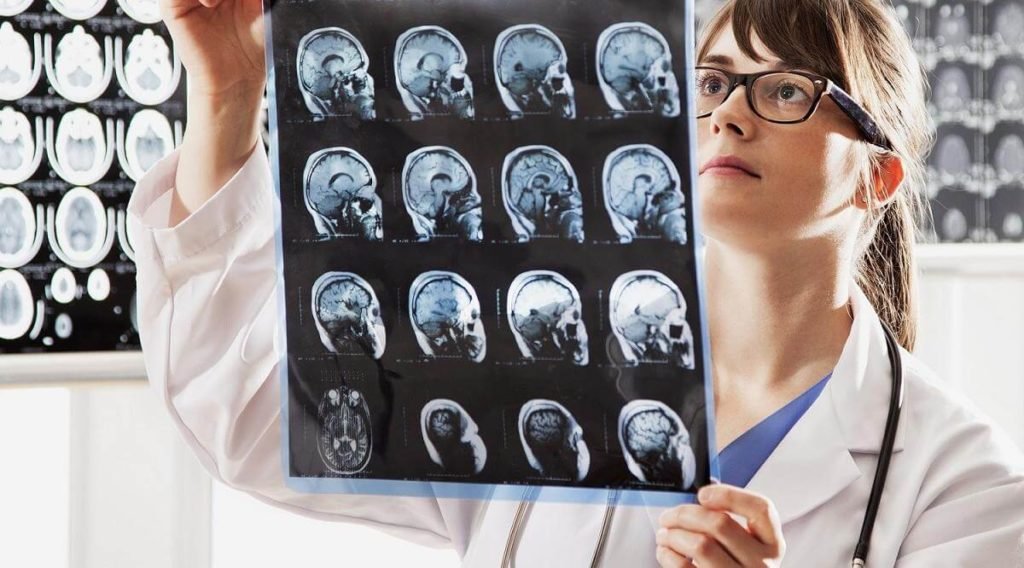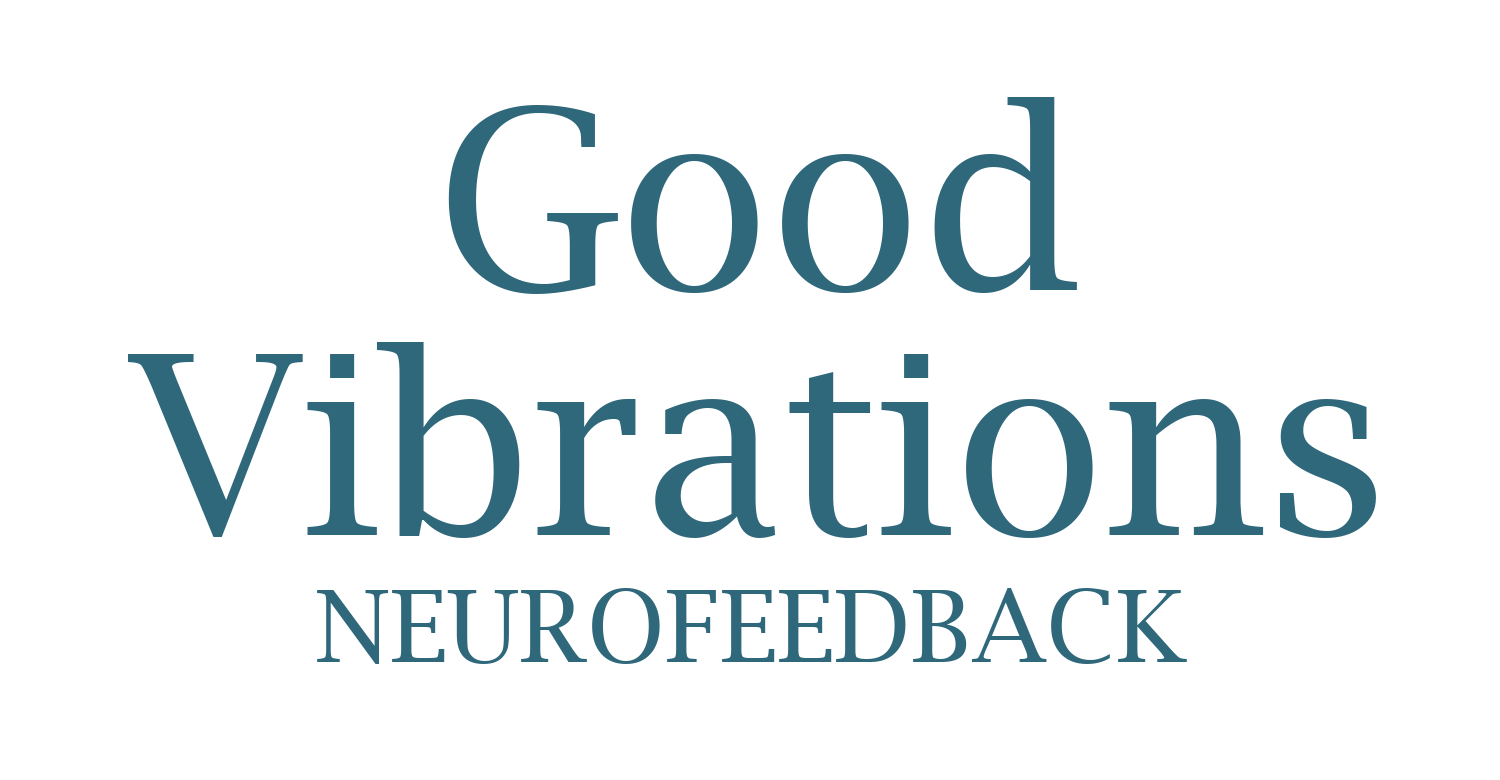TBI (Traumatic Brain Injury)
Research On NeurOptimal® Related To Traumatic Brain Injuries
Traumatic brain injuries (TBIs) are a class of injuries that affect how well the brain works. They can be caused by severe bump, blows, jolt, or penetrating injuries to the head, with the main causes being falls, motor vehicle crashes, and self-inflicted gunshots. TBIs are a leading cause of death and disability, but can be less traumatic and include concussions.
Depending on the severity of the TBI, those who get a brain injury may deal with health problems that last a few days or the rest of their lives. TBIs do physical damage to the brain cells, and are related to a wide variety of psychological effects that can last even after the tissue has healed.


Neurofeedback and TBI
Case studies have explored how NeurOptimal® neurofeedback may support cognitive and emotional functioning following traumatic brain injury (TBI).
– In “The Use of NeurOptimal® With a Young Adult With an Acute TBI – A Case Study,” Dr. Joan-Marie Lartin documented the recovery of her 22-year-old son after a life-threatening brain injury. The paper examined clinical and observational data following more than 70 NeurOptimal® sessions and described a gradual return to functioning across multiple domains.
– Another paper by Dr. Lise’ D. Spurlock-DeLong, Ph.D., CPCRT, CCCM, titled “NeuroCognitive Approaches to Brain Injury,” focused on a trio of case studies from her work at Cognitive Connections, a cognitive rehabilitation clinic. The study observed positive outcomes when NeurOptimal® was used alongside other supportive therapies aimed at increasing neuroactivity and processing.
These case-based reports contribute to the broader conversation about neurofeedback’s potential role in supporting brain injury recovery.
